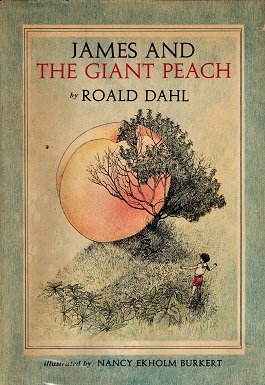Harold Pinter
Explore the timeline of Harold Pinter, the renowned British playwright, screenwriter, director, and actor. Discover key events and milestones in his life and career, from his birth in 1930 to his Nobel Prize in Literature in 2005, and beyond. Delve into the evolution of his influential works that have left a lasting impact on the world of theatre and cinema.
Birth of Harold Pinter
Harold Pinter was born on October 10, 1930, in Hackney, East London, to Jewish parents of Eastern European descent. He would go on to become one of the most influential British playwrights of the 20th century, known for his distinctive style and the genre known as the 'Pinteresque'. His early life in London, especially during the Blitz of World War II, heavily influenced his later works.
Premiere of 'The Room'
Harold Pinter's first play, 'The Room', premiered at the University of Bristol in May 1957. It was written in just four days and is considered to be his first significant contribution to theatre, setting the stage for his unique, often ambiguous storytelling style. 'The Room' explores themes of isolation and existential anxiety, which would become central to Pinter's later works.
Premiere of 'The Caretaker'
In 1960, Harold Pinter's play 'The Caretaker' premiered at the Arts Theatre Club in London. The play was Pinter's first major commercial success, leading to further productions in the West End and on Broadway. 'The Caretaker' solidified Pinter's reputation as a master of suspenseful narrative and dramatic tension, and it is considered one of his major works exploring power dynamics and human loneliness.
Release of 'The Servant' film
'The Servant', a British film directed by Joseph Losey with a screenplay by Harold Pinter, was released in 1963. The film explores themes of class and power and received critical acclaim for its sharp and unsettling narrative. Pinter's script was noted for its economy of dialogue and tension, helping to establish him as a prominent figure in both theatre and cinema.
First Performance of 'The Homecoming'
'The Homecoming' premiered in June 1965 at the Aldwych Theatre in London. This play is among Harold Pinter's most celebrated works and is known for its enigmatic plot and complex exploration of family dynamics and power struggles. The play won the 1967 Tony Award for Best Play, marking Pinter's breakthrough into American theatre and solidifying his status as a leading playwright of his generation.
Premiere of 'No Man's Land'
'No Man's Land', another of Pinter's significant plays, was first performed in 1975 at the Old Vic Theatre in London. This play continued Pinter's exploration of memory and reality, using his characteristic pauses and silences. It featured Ralph Richardson and John Gielgud in the main roles, further establishing its reputation as a seminal piece of 20th-century drama.
Premiere of 'Betrayal'
'Betrayal', one of Harold Pinter's notable plays, premiered at the National Theatre in 1978. The play, which employs a reverse chronology, is based on Pinter's own extramarital affair and explores themes of deception, adultery, and the subjective nature of memory. 'Betrayal' is considered one of Pinter's masterworks, highlighting his characteristic style of sparse dialogue and intricate dramatic structure.
Premiere of 'Ashes to Ashes'
'Ashes to Ashes', first performed in 1996 at the Royal Court Theatre, is a later play by Harold Pinter that revisits his themes of power, domination, and history's haunting specters. The play is dense with symbols and subtext, presenting a chilling exploration of guilt and the human capacity for cruelty. It stands as a testament to Pinter's enduring influence and innovation in the field of drama.
Pinter wins Nobel Prize in Literature
In 2005, Harold Pinter was awarded the Nobel Prize in Literature. His Nobel lecture, delivered via video due to his illness, was noted for its critique of American and British politics. Pinter was celebrated by the Swedish Academy for his work which uncovers the precipice under everyday prattle and forces entry into oppression's closed rooms. This recognition confirmed Pinter's impact not just on theatre, but on global cultural and political discourse.
Death of Harold Pinter
Harold Pinter passed away on December 24, 2008, from liver cancer at the age of 78. He left behind a rich legacy of plays, films, and other writings that have significantly influenced contemporary theatre and drama. Pinter's work remains a subject of study and theatrical production worldwide. His death was mourned by the theatre community, considering him one of the most important playwrights of the 20th century.
Frequently asked questions about Harold Pinter
Discover commonly asked questions regarding Harold Pinter. If there are any questions we may have overlooked, please let us know.
When was Harold Pinter born?
When did Harold Pinter win the Nobel Prize in Literature?
What are some of Harold Pinter's most notable works?
When did Harold Pinter pass away?
Related timelines
More timelines connected to Harold Pinter







